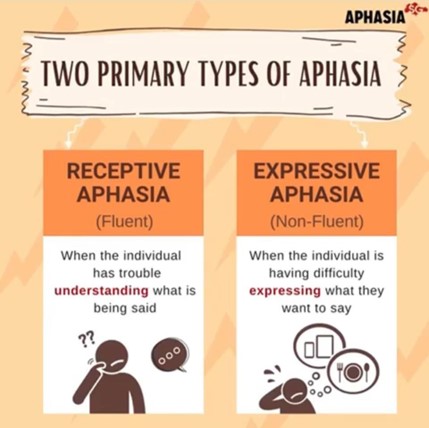A nurse is assisting a client who is 4 hr postoperative to get out of bed.
The client states, “Do not touch me! I can get up by myself.” Which of the following responses should the nurse make?
“I think you need some pain medication before getting out of bed.”.
“We can talk about this after you have gotten out of bed.”.
“Why don’t you want to be touched?”.
“I will be next to you and will help if you need me to.”.
The Correct Answer is D
The correct answer is choice D. The nurse should respect the client’s autonomy and offer assistance if needed.
The nurse should also assess the client’s pain level and provide adequate pain relief before helping the client get out of bed.
Choice A is wrong because it implies that the client is in pain and needs medication, which may not be true.
The nurse should ask the client about their pain level and offer medication if appropriate.
Choice B is wrong because it dismisses the client’s feelings and does not address the underlying issue of why the client does not want to be touched.
Choice C is wrong because it may make the client feel defensive or interrogated.
The nurse should use open-ended questions and active listening to explore the client’s concerns and fears.
According to web sources, postoperative care involves monitoring and managing the client’s vital signs, pain, wound healing, fluid and electrolyte balance, bowel and bladder function, mobility, and psychological status.
The nurse should also educate the client about self-care, wound care, activity restrictions, medication use, signs of complications, and follow-up appointments.
The nurse should also provide emotional support and reassurance to the client and their family.
Nursing Test Bank
Naxlex Comprehensive Predictor Exams
Related Questions
Correct Answer is B
Explanation

This type of aphasia is caused by damage to the frontal lobe of the brain, which affects the ability to produce language.
People with expressive aphasia can understand speech and know what they want to say, but they have difficulty saying words or forming sentences.
They may speak in short phrases that require a lot of effort.
Choice A is wrong because receptive aphasia is a type of fluent aphasia that affects the ability to comprehend language.
People with receptive aphasia have difficulty understanding speech and may produce meaningless words or sentences.
Choice C is wrong because global aphasia is the most severe type of aphasia that affects both the production and comprehension of language.
People with global aphasia cannot speak many words and do not understand speech.
They also cannot read or write.
Choice D is wrong because sensory aphasia is not a common term for a type of aphasia.
It may refer to Wernicke’s aphasia, which is another type of fluent aphasia that affects the ability to produce meaningful language.
People with Wernicke’s aphasia can speak fluently but often use incorrect or invented words or phrases.
Correct Answer is ["A","B","C","D","E"]
No explanation
Whether you are a student looking to ace your exams or a practicing nurse seeking to enhance your expertise , our nursing education contents will empower you with the confidence and competence to make a difference in the lives of patients and become a respected leader in the healthcare field.
Visit Naxlex, invest in your future and unlock endless possibilities with our unparalleled nursing education contents today
Report Wrong Answer on the Current Question
Do you disagree with the answer? If yes, what is your expected answer? Explain.
Kindly be descriptive with the issue you are facing.
